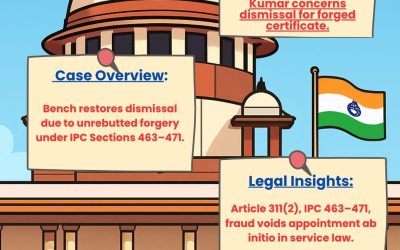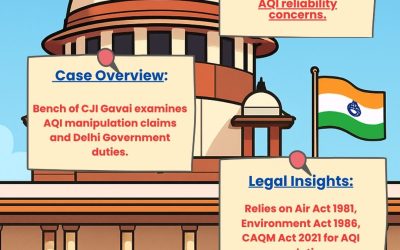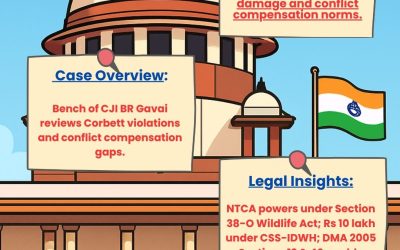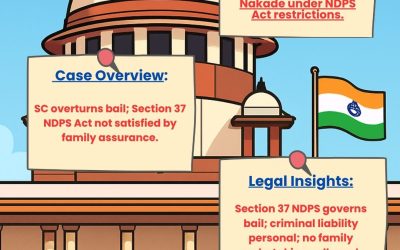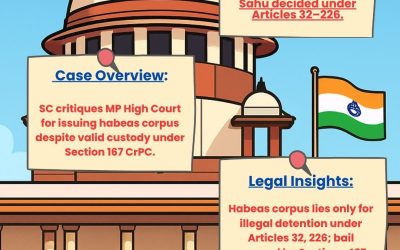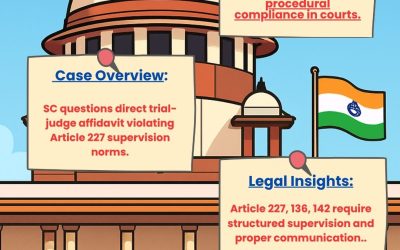 Headline
Headline
The Supreme Court of India rejects PIL on exclusion of ‘Creamy Layer’ from SC/ST Reservations in Madhya Pradesh.
Summary
The Supreme Court of India declined to look into a PIL seeking to exclude wards of IAS/IPS/IFS/IRS/Class-I officers in Madhya Pradesh from SC/ST reservations . The court held that the matter comes within the ambit of the legislature and executive, granting the liberty to the petitioner to pursue remedies as per the law.
Key Facts
- Case Name: Santosh Malviya vs. State of Madhya Pradesh and Ors.,
- Judges Name: Justice BR Gavai and Justice AG Masih.
- Petition sought to form policies to exclude ‘creamy layer’ from SC/ST reservations.
- Reliance placed on State of Punjab v. Davinder Singh case, urging identification of ‘creamy layer.’
- The Supreme Court stresses reservations are enabling provisions, and not mandatory provisions
Legal Insights
The Supreme court of India restated its opinion that the exclusion of the ‘creamy layer’ is a domain of executive/legislative, as ruled in earlier judgments.
Impact
The ruling of the Supreme Court of India highlights the restraint of judiciary in policy formulation, stressing the role of lawmakers in affirmative action reforms.
Why It Matters
The decision of the Supreme Court shows the ongoing debates over equitable distribution of benefits of reservation and the evolving requirements for defining ‘creamy layer’ in SC/ST categories.
Source


